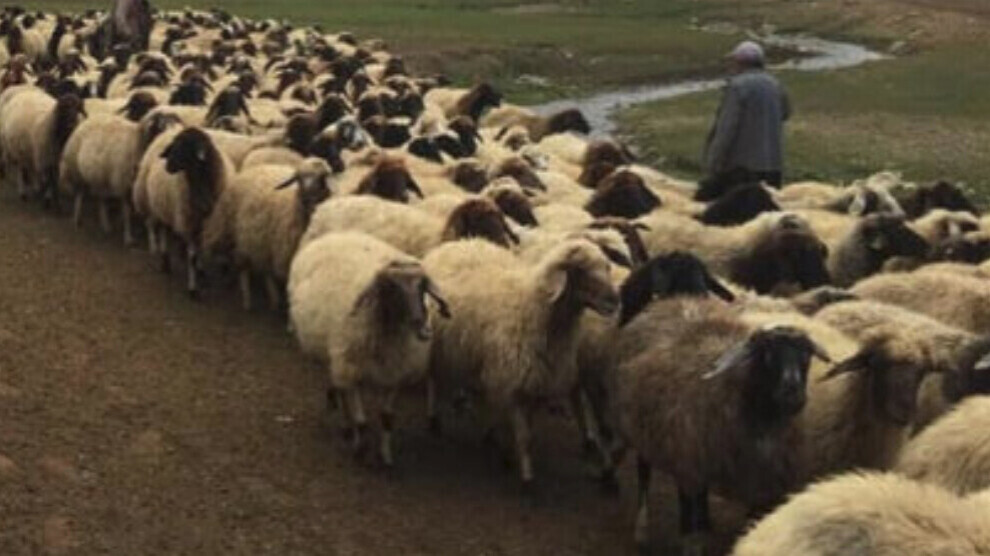Agriculture and livestock at a standstill in Van
Production in the Kurdish region of Van has practically come to a standstill because of war and agricultural policies focused on large-scale neocolonial exploitation,
Production in the Kurdish region of Van has practically come to a standstill because of war and agricultural policies focused on large-scale neocolonial exploitation,

Agriculture and animal husbandry are the main activities in North Kurdistan. People lived on their own production and the sale of their products. The province of Van was one of the regions with the most livestock and the largest wheat production. However, agriculture is suffering from a massive decline.
Ten years ago, the number of sheep and goats in the region was eight million; today it is two million. Due to the increase in fuel prices, it is often no longer worthwhile for small farmers to cultivate their fields. Instead of promoting agriculture and livestock breeding through targeted measures, the Turkish Minister of Agriculture Vahit Kirişci has brought into play a regulation that stipulates that if farmers do not cultivate their land for two years, it will be leased out.
The co-mayor of Saray (Serav), Davut Acar, in Van province, talked to ANF, and criticized the government for making farmers pay "the price for its wrong policies."
"All pastures have been declared military restricted areas"
Davut Acar warned that the high fuel costs and the bans on grazing and alpine pastures have brought both agriculture and livestock farming to the brink of collapse.
He said that farmers cannot sell what they produce and have suffered losses, and added: "Farmers cannot bring what they produce to the market. They cannot sell it. This is due, among other things, to high fuel prices. Our region is an agricultural and livestock region, but walls are being built and ditches are being dug at the borders. This is causing great harm to farmers. We live in the border region, so there is a restricted area of about a thousand square kilometers. These are the pastures and alpine pastures. The villagers cannot graze their animals or mow the grass. A whole stretch of land cannot be used. This leads to people moving away from the villages. Our people are suffering from this situation."
"The farmers are even being deprived of their right to property"
Acar pointed out that in Serav district there are no other ways to earn a living apart from farming and livestock breeding: "The border has been turned into a place of arbitrariness. Dozens of people have been killed at the border for smuggling. We were left with farming and livestock breeding, and now that is being taken away from us too. They are trying to charge the farmers for the wrong agricultural policy. Why should the farmer produce at a loss? Firstly, the government must find a solution to this. It says: ‘We will confiscate the land if it is not cultivated.’ This is the usurpation of property rights. We call on the government to abandon this policy and create a healthy environment in which the farmers can produce."